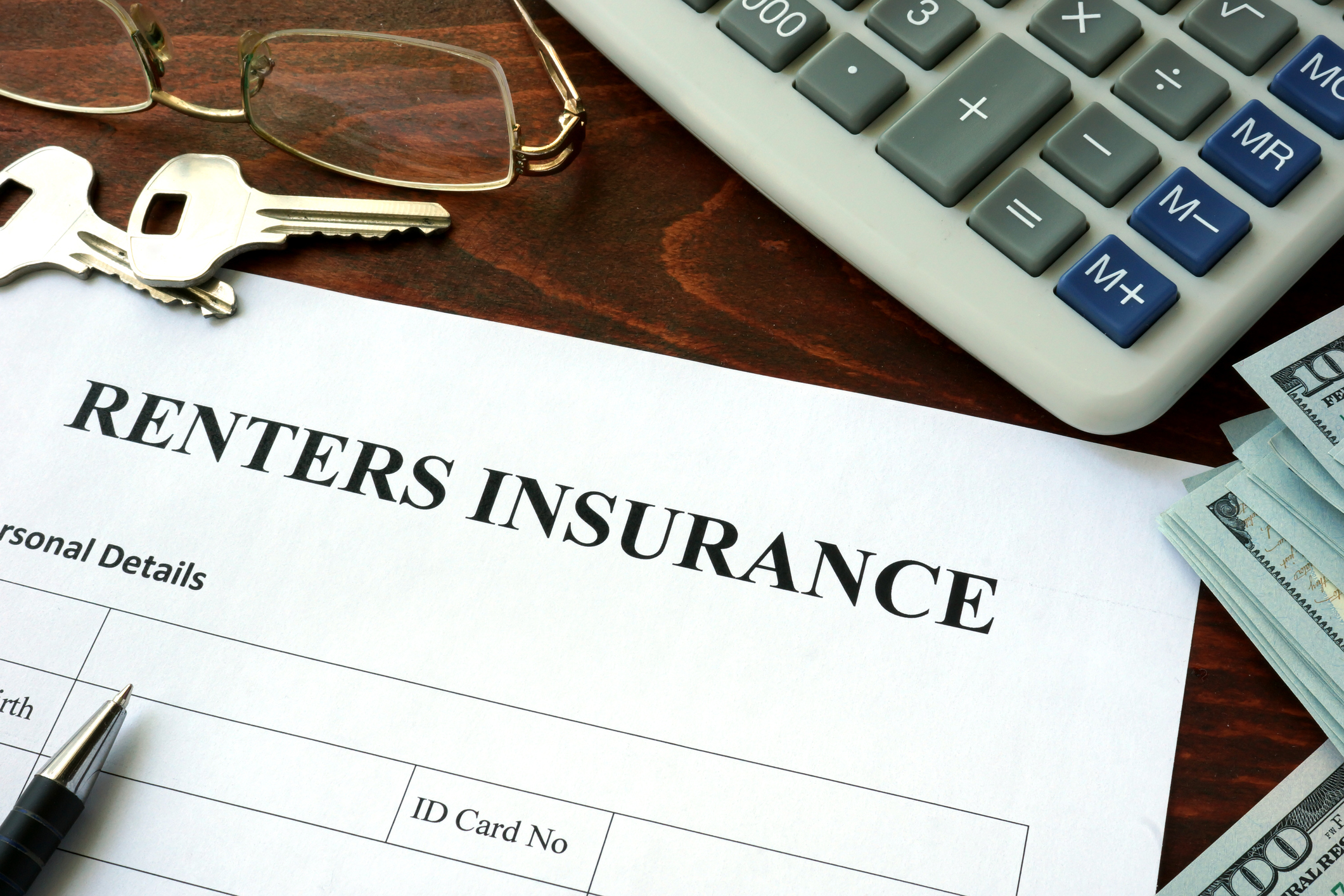Most tenants never even think about buying renters insurance. According to the Insurance Information Institute, the number of renters continues to increase, but very few purchase these types of policies. In these cases, the burden of risk often falls on the landlord, so it’s a good idea to make sure you have the best policy you can, and possibly even require your tenants to have it as a stipulation on their leases. It’s also a good way to weed out unwanted renters, along with running a tenant credit check. Here are some basic facts about renters insurance.
What is renters insurance?
Renters insurance is a policy carried by a tenant which covers their personal property, property damage, and accidental injuries on the premises to themselves and others. These types of policies are a very inexpensive form of financial protection which helps keep you out of court with unnecessary lawsuits and helps them replace or repair damaged property with very little out-of-pocket costs.
What does renters insurance cover?
Renters insurance covers very specific things that vary from policy to policy and among different providers. Generally, all policies cover personal property and personal injury. Personal property would include items such as clothes, furniture, electronics, appliances, etc. Most policies will cover items stolen, vandalized, or damaged in events like fires or natural disasters unless negligence on the part of the landlord can be proven.
Renters insurance policies pay for temporary lodging should tenants be misplaced due to property damage. In most cases, landlords are not responsible for providing this, but it’s a good to make sure your tenants are covered in case of an emergency when they might expect it. These policies also cover liability for accidental damage, such as if a tenant left a pot boiling and caused a fire. If their security deposit is not enough to cover the damage, you could take the tenant to court to recover expenses. But it’s much easier and less expensive for both the landlord and the tenant if they have an insurance policy to cover it.
Liability also covers injuries sustained by tenants or guests which happen on the property, so long as the tenant is at fault. For example, if their dog happens to bite the mailman, or a guest trips over shoes the tenant left in the middle of the floor, a renters insurance policy would usually cover any associated medical expenses. Other damage it might cover is if a tenant causes accidental damage to someone else’s property, such as allowing a tub to overflow and damaging the ceiling of the apartment underneath them.
What responsibilities does the landlord have?
In order for insurance companies to pay out on claims, they will likely investigate any incidents to make sure they were not due to negligence. Typically, the burden would lie on the tenant to make sure their doors were locked if they left their house, or their burners were turned off on the ovens. But as the landlord, you will also have certain responsibilities in order to make sure you are not liable for damages or theft. For example, at a minimum, you will need to provide the means to lock any doors and windows on the property, and for good measure, you should also provide smoke and carbon monoxide detectors. You would also be responsible for any damage caused if you, for example, were instructed to fix damaged wiring but failed to do so prior to an incident.
It’s best to require your tenants to provide their own renters insurance to free you up from any liabilities that might come up. If you decide not to require insurance, make sure you are aware of everything you’ll be responsible for and make arrangements ahead of time. Also, speak to your own insurance agent about your own homeowners insurance in New Jersey and what you can do to keep yourself safe from litigation. It’s always better to be well-prepared and not need the coverage than to be caught off guard and forced to compensate someone for damages.
Related Posts












